Written by Madison Moses
 On Wednesday, March 10th, showcase attendees can view festival award winning films and meet the filmmakers during this year’s virtual Iranian Women Filmmakers Showcase. The showcase and the Meet the Filmmakers event are free but registration is required. Click here for registration: https://www.goelevent.com/WoodsHoleFilmFest/e/IranianFilmmakersShowcase
On Wednesday, March 10th, showcase attendees can view festival award winning films and meet the filmmakers during this year’s virtual Iranian Women Filmmakers Showcase. The showcase and the Meet the Filmmakers event are free but registration is required. Click here for registration: https://www.goelevent.com/WoodsHoleFilmFest/e/IranianFilmmakersShowcase
Hosted by Women in Film and Video New England, in partnership with Women in Film and Television International, and That Child Got Talent Entertainment, and supported by Woods Hole Film Festival, the Iranian Women Filmmakers Showcase will feature nine short films from Iranian women for viewing on demand from March 10th to March 12th. On March 11th, from 12:00 pm - 3:00 pm EST, attendees will be able to connect with the filmmakers as well as speak with other cinephiles immersive experience on Remo.
Emerson alum Sonia Hadad, whose film "Exam" won the Grand Jury Prize of the AFI fest, curated the shorts program. The films -- dramas, documentaries, and animations -- embrace the different aspects of the Iranian experience for an international audience. The Showcase intentionally takes place during International Women’s Week and participates in the effort to #ChooseToChallenge by seeking out, sharing, and celebrating women's achievements through spotlighting these female directors.
“Women in Film and Video of New England is excited to host our sister filmmakers from Iran and take time to enjoy and celebrate their work especially during women’s history month. We are a global community and the stories of our colleagues around the world are as important as the ones happening in our backyard," said Alecia Orsini, President of WIFVNE.
“That Child Got Talent Entertainment is so very honored to work with the all-women lead organizations-- WIFVNE & WIFTI-- to bring together a collection of short films produced, written, and directed by our sisters in film in Iran. Many thanks for the unwavering curation by Sonia Hadad. We are delighted to sponsor this event and look forward to many more to come. Blessings for another year of Women in Film!” added That Child Got Talent Entertainment founder, Nerissa Williams Scott.
EIGHT FILMS FEATURED IN THE SHOWCASE
Films featured in the event are as follows:
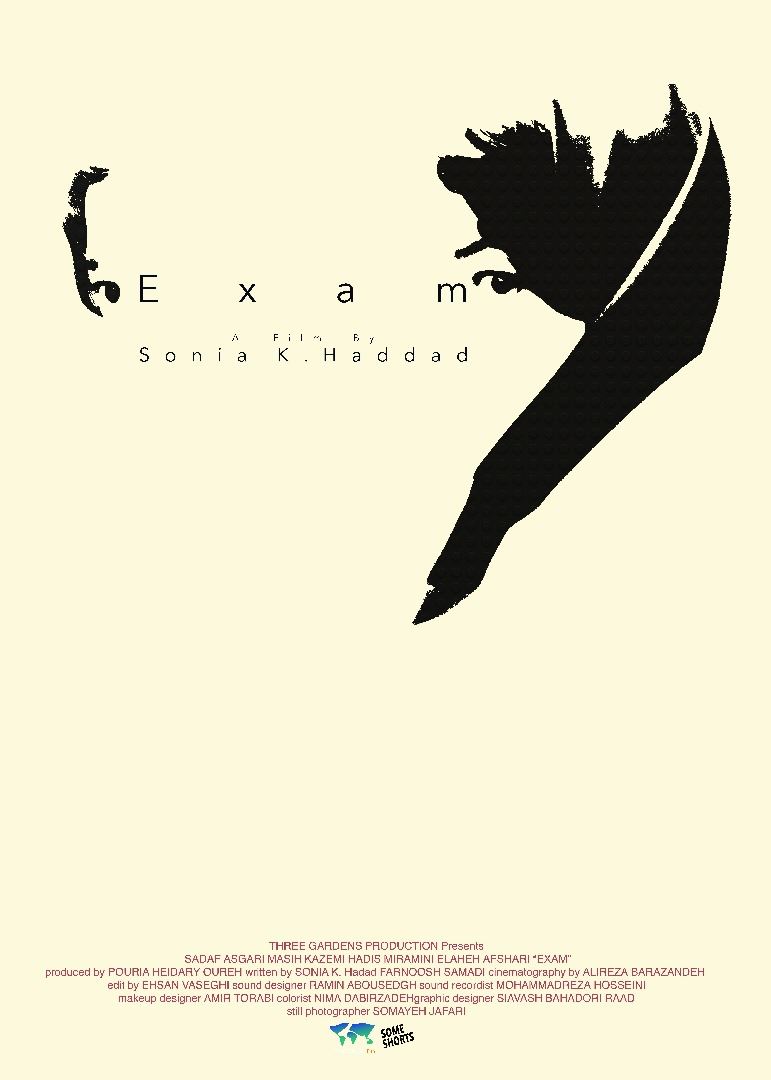
The Exam
The oscar-nominated film shadows a young Iranian woman who sets out on a mission to transport a brown package, at the request of her father. The anxiety-filled thriller unfolds in fifteen minutes, forcing the audience to question what may occur in each passing moment.
Directed by: Sonia Hadid
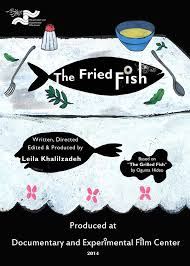
The Fried Fish
The fish is yearning to see the sea once again. He asks a cat, a mouse, a dog, and a crow for help, one after another. They each eat a part of his flesh and carry him some distance down the path to the sea. But after a while, one by one, they put him down and leave. At the end, some ants throw the fish’s skeleton into the sea. The fish happily swims away in the deep blue sea.
Directed by: Leila Kahlilzadeh
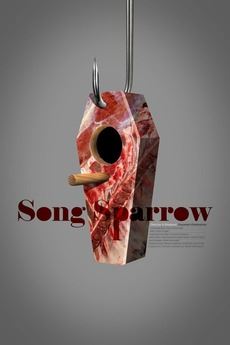
Song Sparrow
This puppet short follows a group of refugees attempting to cross the border. As smugglers transport them in a fridge truck, the exposure to freezing cold temperatures may dim their hopes and chances for a better life.
Director: Farzaneh Omidvarnia
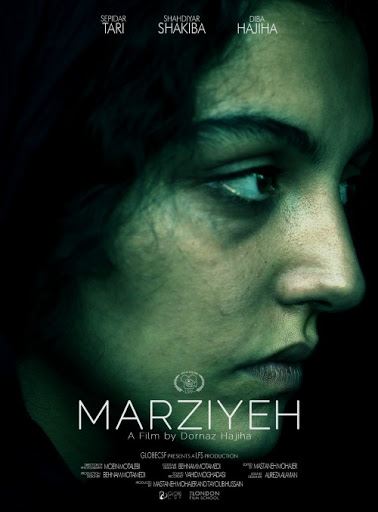
Marziyeh
Protagonist Marziyeh has always struggled with her religious and strict upbringing. Now as a young married woman she’s navigating the world on her own terms, learning to lean into her newfound sense of self and identity.
Directed by: Dornaz Hajiha
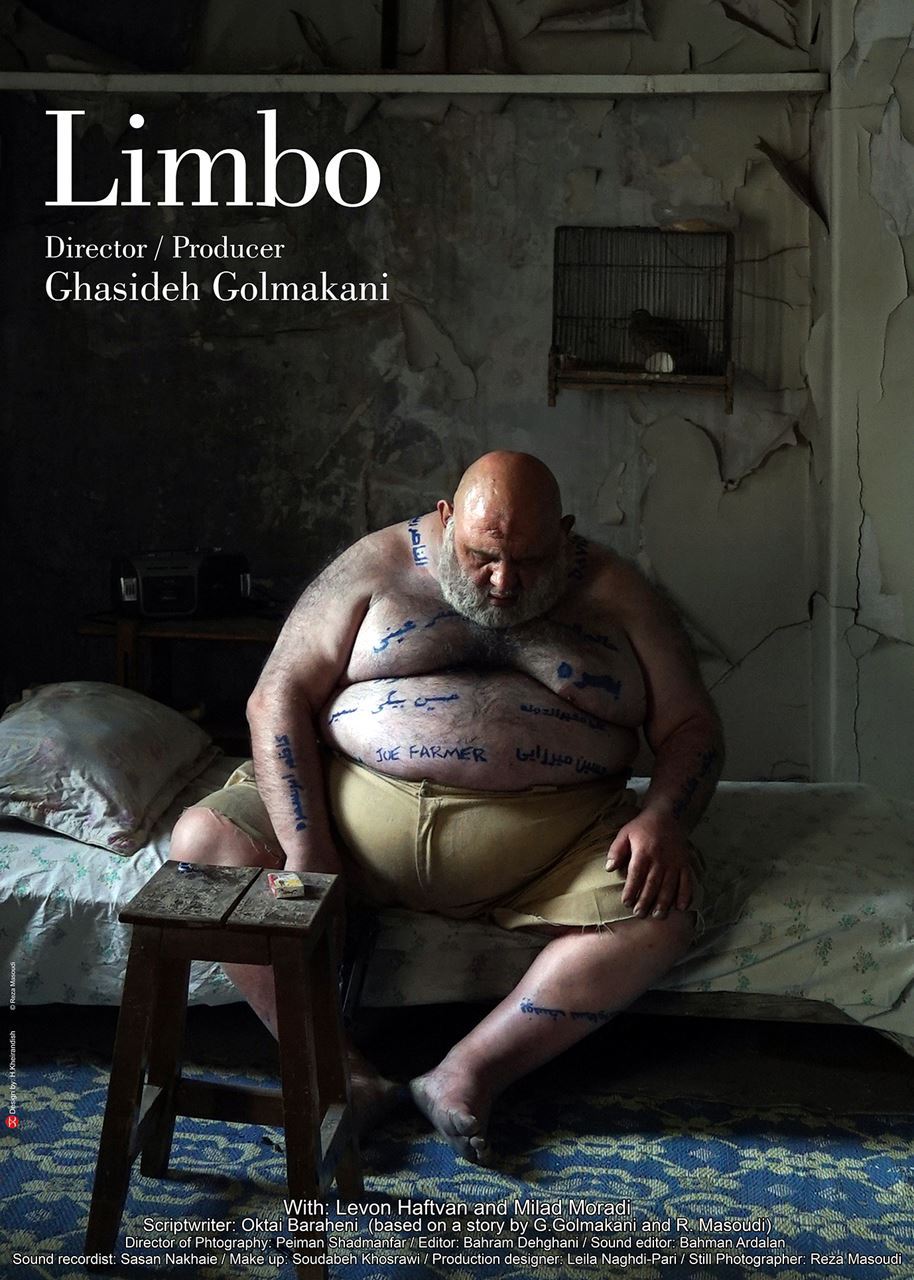
Limbo
An Iraqi sniper chooses to document some of his past killings by tattooing the names of the soldiers on his body. The final tattoo, given by a young Iranian, may astonish viewers.
Directed by: Ghasideh Gholmakani
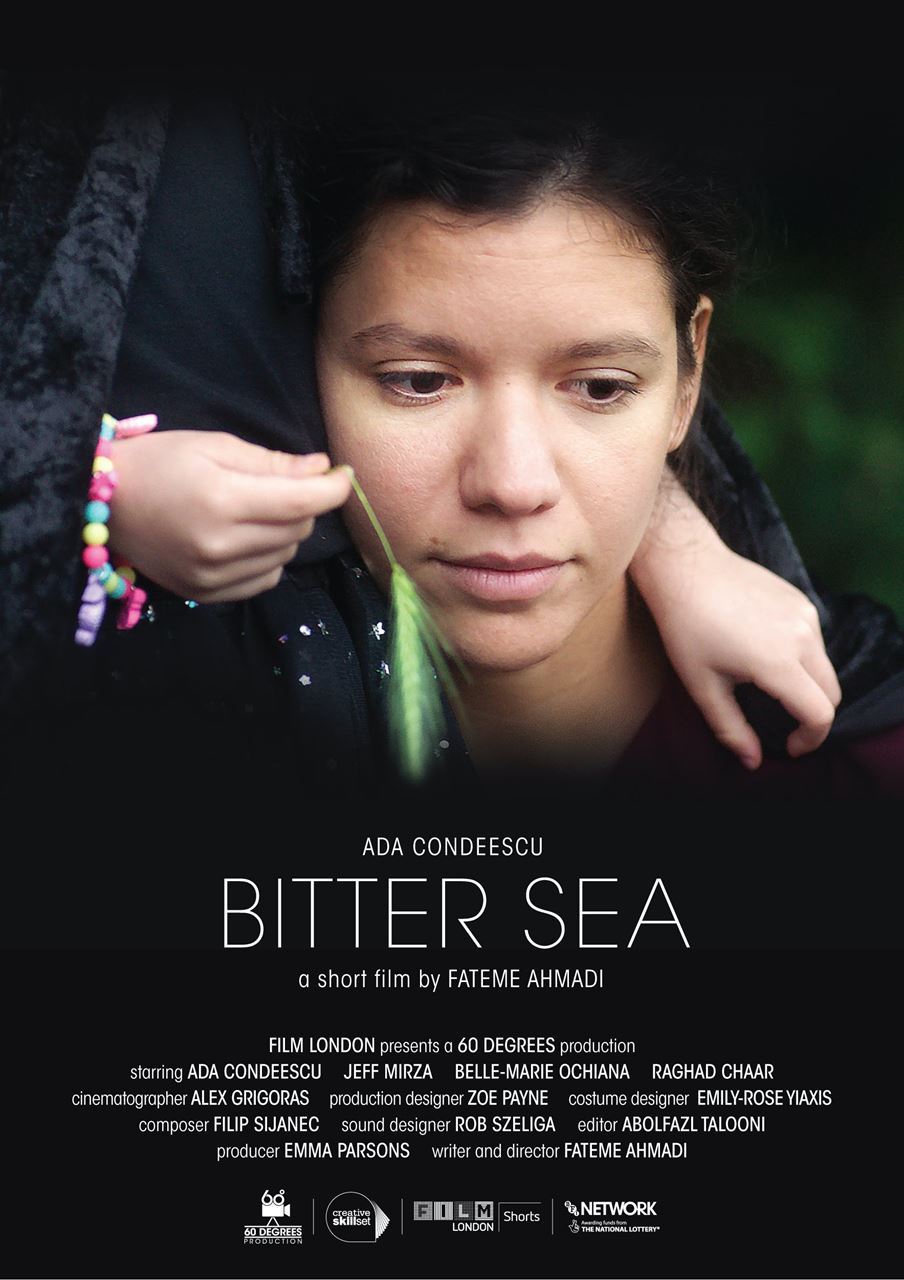
Bitter Sea
A mother overcomes adversity to protect and provide for her daughter. Their journey brings them to a London river, or a bitter sea, that they gaze upon in the final scene of the film.
Directed by:Fateme Ahmadi

Revolutionary Memories of Bahman Who Loved Leila
Complex family drama and history intermesh in the 15min documentary, which takes place in 1978 in Iran.
Directed by: Farahnaz Sharifi
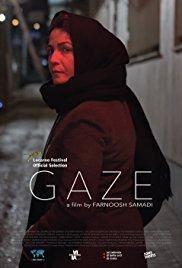
Gaze
On her way back from work a woman witnesses something happening in the bus and she has to decide if she reveals it or not.
Directed by:Farnoosh Samadi
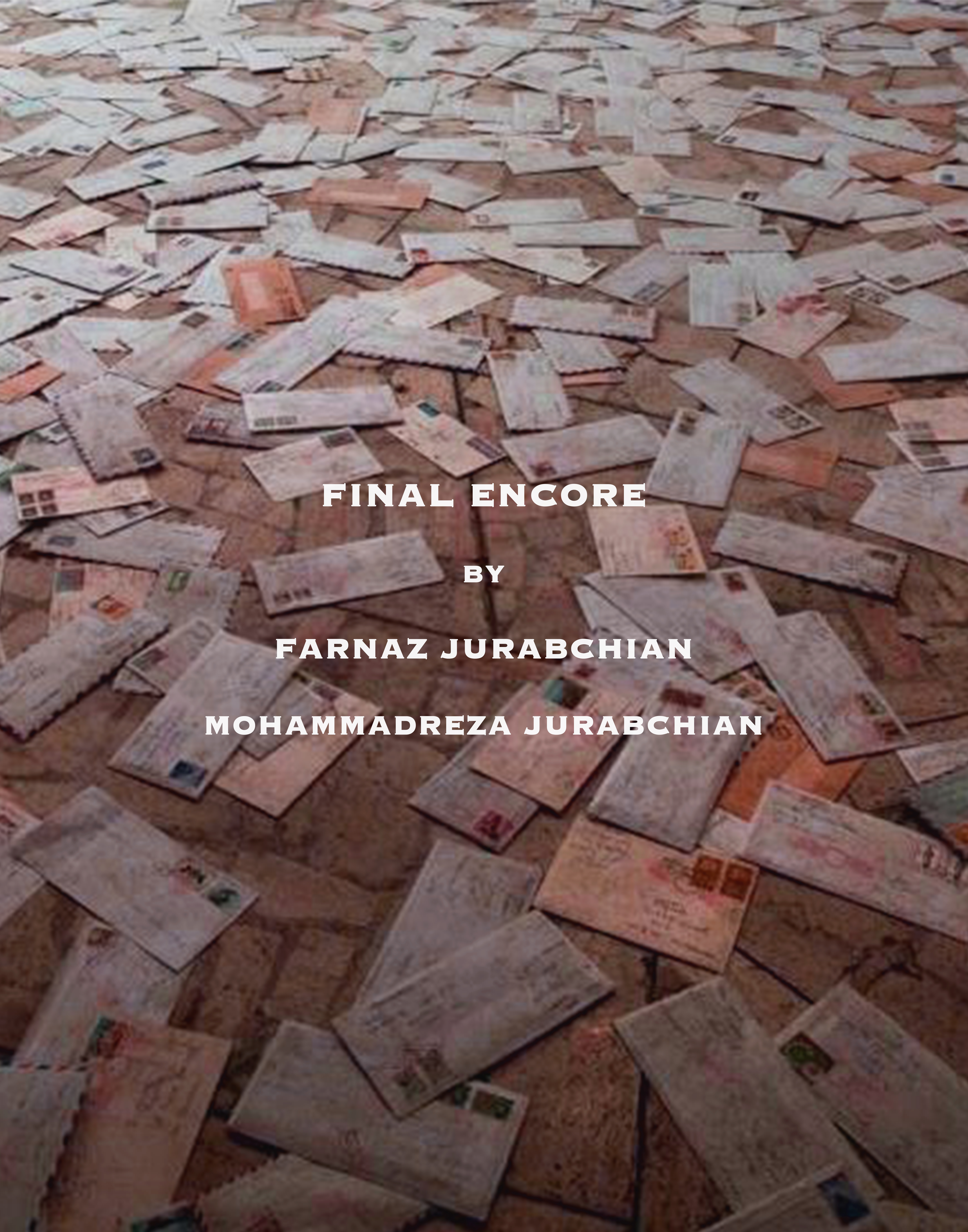
Final Encore
Every day on the streets of Tehran, a house in being demolished, a house that one day was designed based on our architecture principals , aesthetics and our needs. Artists have gathered in one of those old houses and created works to pay a last tribute to it as a representative of historical houses of the city of Tehran.
Directed by Farnez Jurabchian and Mohammadrez Jurabchian